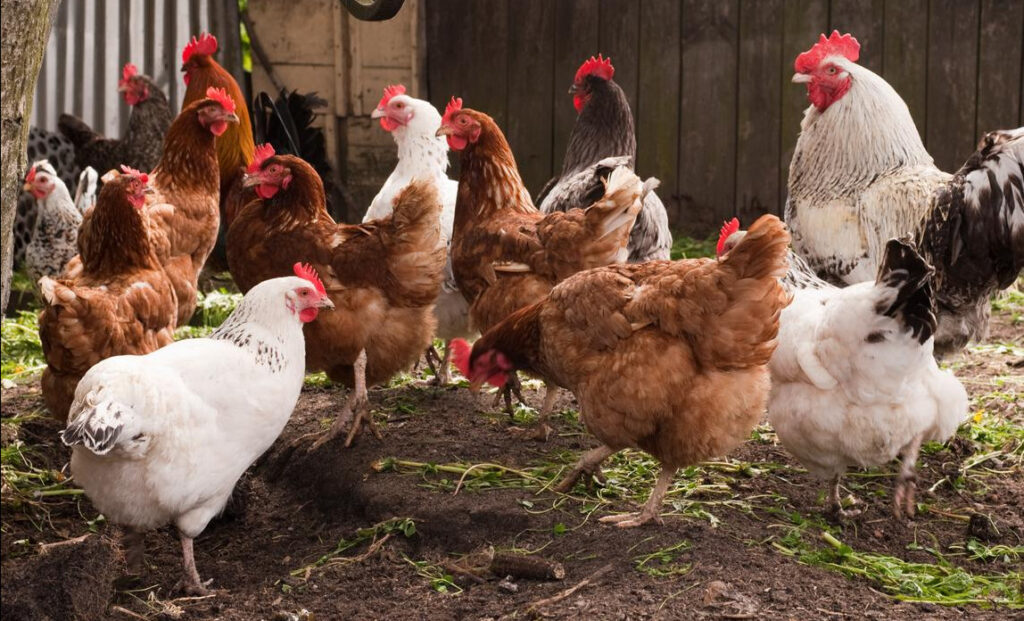A pure Kienyeji chicken is a traditional Kenyan breed of domestic chicken that is known for its hardiness, adaptability, and efficient use of feed for both meat and egg production.
- Breed selection:
- Choose a pure Kienyeji breed that is well-adapted to the local climate and environment
- Consider the breed’s characteristics such as growth rate, egg production, and meat quality
- Housing and equipment:
- Choose a suitable housing system, such as a free-range or deep litter system
- Invest in equipment such as feeders, drinkers, nests, and perches
- Ensure proper ventilation and insulation to maintain a comfortable temperature for the birds
- Feed and nutrition:
- Provide a balanced diet, including feed grains, protein sources, and supplements
- Use locally sourced feed ingredients whenever possible to reduce costs
- Ensure the birds have access to clean, fresh water at all times
- Health and biosecurity:
- Implement a biosecurity plan to prevent the spread of disease
- Regularly monitor the birds for signs of illness or stress
- Seek veterinary assistance as needed
- Marketing and sales:
- Develop a marketing strategy to reach potential customers
- Price the products competitively based on local market conditions
- Consider selling the birds live, dressed, or as eggs
- Record keeping:
- Keep accurate records of feed consumption, egg production, and other expenses
- Monitor the birds’ growth and production performance to make informed management decisions
- Regularly review the records to identify areas for improvement and optimize the operation.

